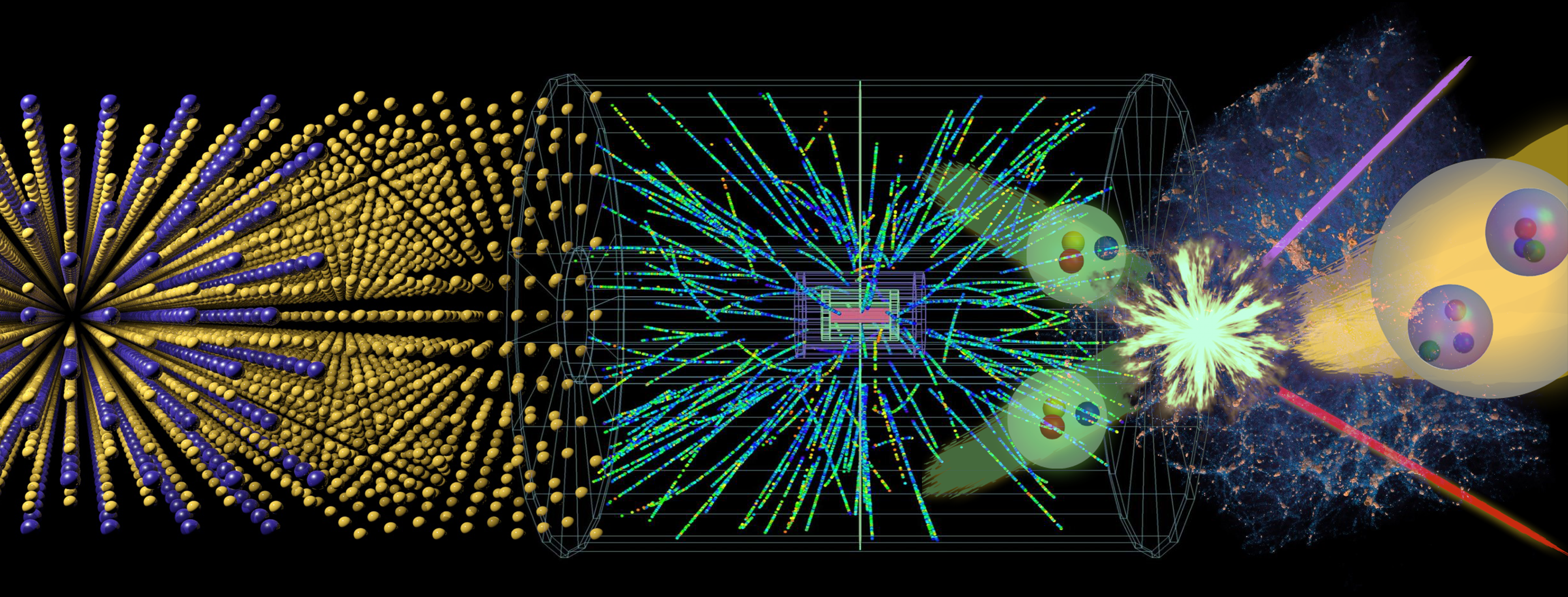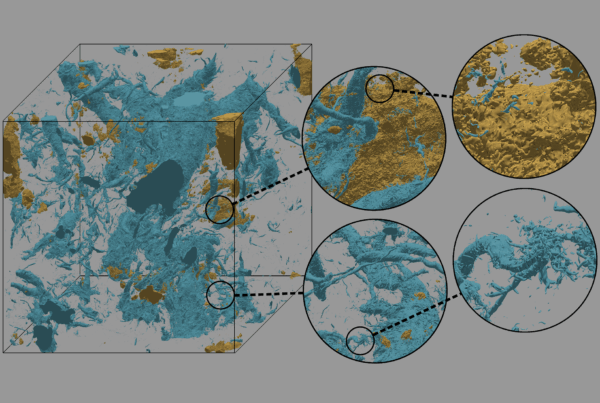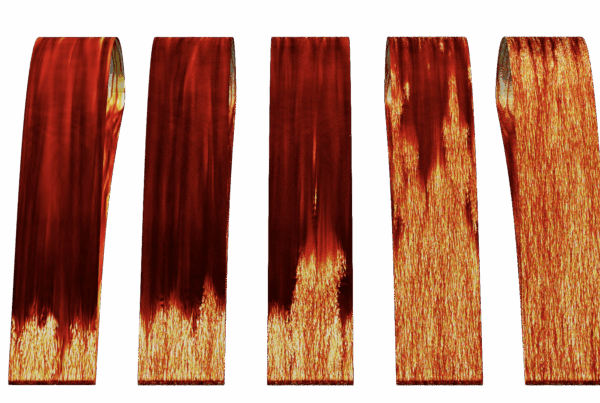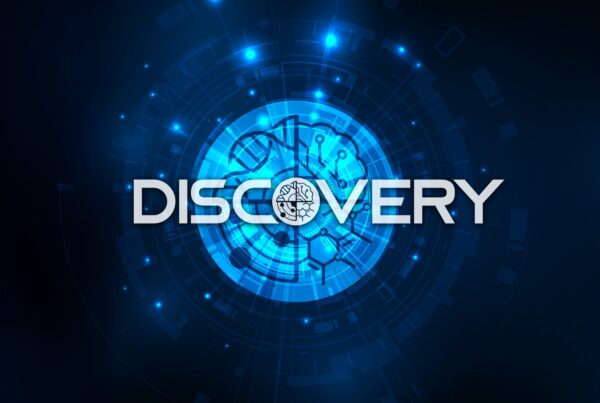Each year, researchers are awarded computing hours at the Oak Ridge Leadership Computing Facility (OLCF)—a US Department of Energy (DOE) Office of Science User Facility located at DOE’s Oak Ridge National Laboratory (ORNL)—through the DOE Office of Advanced Scientific Computing Research’s (ASCR’s) Leadership Computing Challenge (ALCC).
This year, 21 research teams have been awarded a combined 6 million node hours on the OLCF’s Summit supercomputer, a 200-petaflop IBM AC922 system.
The ALCC program grants the 1-year allotments to scientists from industry, academia, and national laboratories whose work emphasizes high-risk, high-payoff simulations in energy-related fields. The program allocates up to 30 percent of the ASCR computational resources at the OLCF, the Argonne Leadership Computing Facility (ALCF), and the National Energy Research Scientific Computing Center (NERSC) at Lawrence Berkeley National Laboratory.
The research performed on Summit—currently the fastest supercomputer in the world—will range from simulations of engine performance by General Motors to the study of compressed carbon materials by the University of South Florida. Following are the 2019–2020 ALCC projects awarded time on Summit:
- Jeff Candy from General Atomics received 300,000 node hours for “Fundamental Turbulence Processes Governing Pedestal Structure in Fusion Devices.”
- William Detmold from MIT received 320,000 node hours for “Nuclear Physics from the Standard Model.”
- Daniel Eisenstein from Harvard University received 300,000 node hours for “Abacus2020: N-body Simulations for Precision Cosmology with DESI.”
- Will Fox from Princeton Plasma Physics Laboratory received 400,000 node hours for “Energetics of Collisionless Plasmas in the Laboratory and Space.”
- Gary Grest from Sandia National Laboratories received 175,000 node hours for “Large Scale Numerical Simulations of Polymer Nanocomposites.”
- Ronald Grover from General Motors received 260,000 node hours for “Prediction of Engine Knock in a Gasoline Direct Injection Engine.”
- Salman Habib from Argonne National Laboratory (ANL) received 290,000 node hours for “Extending the Discovery Space of Cosmological Surveys.”
- Daniel Jacobson from ORNL received 400,000 node hours for “Epistatic Signatures for Climatic Adaptation in Plant Genomes.”
- Jacek Jakowski from ORNL received 200,000 node hours for “Quantum Systems and Circuits.”
- Eric Lançon from Brookhaven National Laboratory received 60,000 node hours for “Scaling LHC Proton-Proton Collision Simulations and Machine Learning for the ATLAS Experiment.”
- Myoungkyu Lee from Sandia received 250,000 node hours for “Molecule-Informed Continuum Direct Numerical Simulation Method in Non-Equilibrium Combustion.”
- Elia Merzari from ANL received 305,000 node hours for “High-Fidelity Multi-Physics Simulation of Pebble Bed Cores.”
- Ivan Oleynik from the University of South Florida received 551,000 node hours for “Predictive Simulations of Phase Transitions in Dynamically Compressed Carbon Materials.”
- Konstantinos Orginos from William & Mary received 238,000 node hours for “Hadron Structure from Lattice QCD.”
- Robert Patton from ORNL received 200,000 node hours for “Advances in Artificial Intelligence to Improve Sensory Perception.”
- Loukas Petridis from ORNL received 380,000 node hours for “Integrating HPC Molecular Simulation with Neutron Scattering to Study Complex Biological Systems.”
- Venkat Raman from the University of Michigan received 130,000 node hours for “High-Fidelity Simulations of Rotating Detonation Engines.”
- Arvind Ramanathan from ANL received 400,000 node hours for “Machine Learning Directed Adaptive Multiscale Simulations to Model RAS Initiation of Cancer.”
- Dongwon Shin from ORNL received 391,000 node hours for “Supercomputing for Automotive High-Temperature Alloy Design.”
- Georgia Tourassi from ORNL received 200,000 node hours for “AI-Enabled Computational Cancer Phenotyping for Precision Oncology.”
- Brian Wirth from ORNL received 250,000 node hours for “Modeling the Response of Fusion Plasma Components.”
UT Battelle LLC manages ORNL for DOE’s Office of Science. The Office of Science is the single largest supporter of basic research in the physical sciences in the United States and is working to address some of the most pressing challenges of our time. For more information, please visit https://energy.gov/science.






